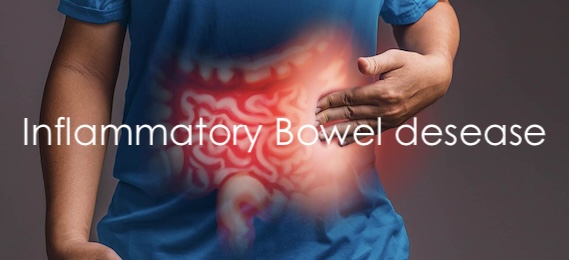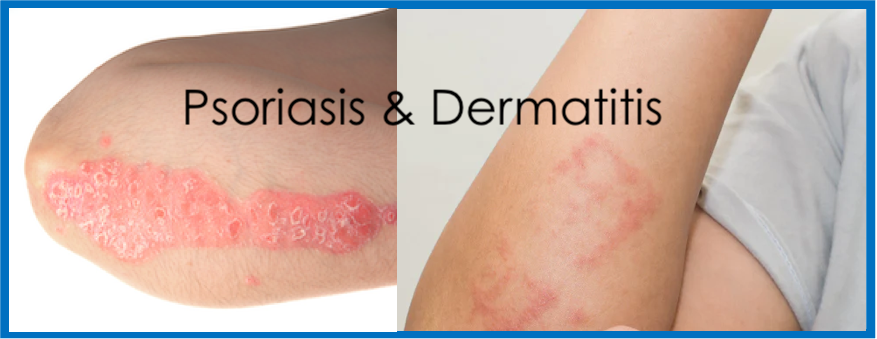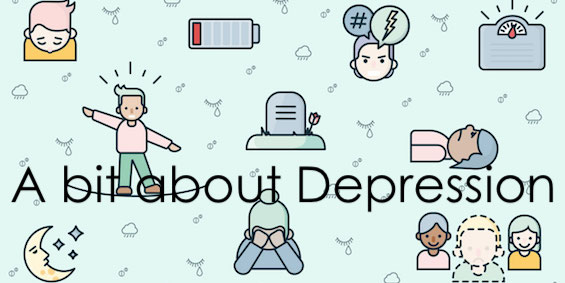Today’s post is about Inflammatory bowel disease
Recently I was speaking with someone about Crohn’s disease, which is a type of inflammatory bowel disease, so I thought I would share a bit of information on this condition.
First of all, what is it?
Inflammatory bowel disease an umbrella term for a group of intestinal disorders that involve inflammation of the digestive tract. These disorders can cause a range of symptoms that include pain in the lower abdomen, blood in stool, unintended weight loss or chronic diarrhoea. If affected long term and not treated, these can lead to more serious issues like colon cancer and perforated bowel.
What causes it?
The exact cause is not known, but like so many other disease states it begins in the gut. It is here that the immune system thinks some of the cells in the gut are foreign and starts attacking them, causing inflammation. This may be due to an infection, a genetic polymorphism, or even just an imbalance in gut bacteria.
There are several triggers like smoking, antibiotic use, non-steroidal anti-inflammatory drugs like paracetamol and even stress, that may lead to inflammatory bowel disease if you have the genetic propensity for it. Diet is being considered as a possible link to these conditions. This is due to studies of migrants who have changed to a western style diet and subsequently develop an inflammatory condition.
Can it be treated or cured?
Standard medical treatment involves the use of antibiotics for infection, corticosteroids for inflammation and immunomodulators to control the immune response. These are designed to reduce the symptoms but not to perform any kind of repair to the system.
Naturopathically, we look at things a bit different, with the aim being as close to a cure as possible.
The standard practice is to reduce the intake of fibre to reduce irritation of the bowel however, this is not always the best treatment. Many short chain fatty acids that are anti-inflammatory are produce in the bowel by bacteria that feed on fibre. Therefore, depending on the level of inflammation, fibre can help with reduction as well as regeneration of colonic tissue.
There are also several nutrients and herbals that can assist with this regeneration.
A few of these are;
- Omega-3 fatty acids as an anti-inflammatory,
- Zinc because it is important for a healthy immune system, wound healing, and gut barrier integrity.
- Vitamin A will help to rebuild the gut lining where the inflammation is.
- Wormwood has been shown to have a steroid sparing effect. This means that it works in a similar way to a corticosteroid but without the side effects, but it should not be used long term.
- Slippery elm can be used to reduce the irritation. It does this by helping the mucosal layer in the gut which often suffers due to inflammation.
Inflammatory bowel disease is a serious thing that should not be taken lightly. Treatment is available and may help with long term outcomes.
If you think you have any problems that may be caused by gut inflammation. Get yourself checked out with a doctor, then come and see me.
Till the next post,
Live clean n prosper.



